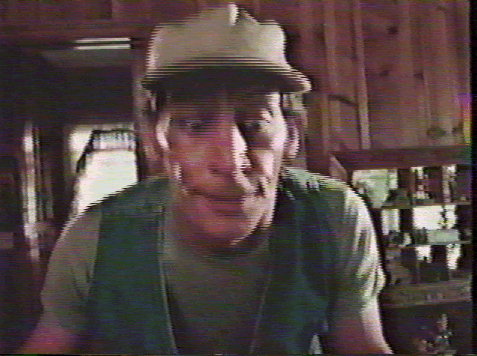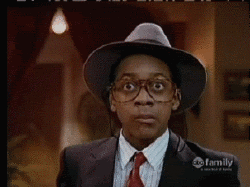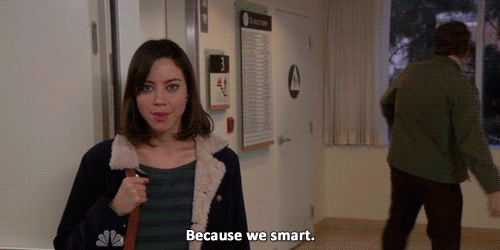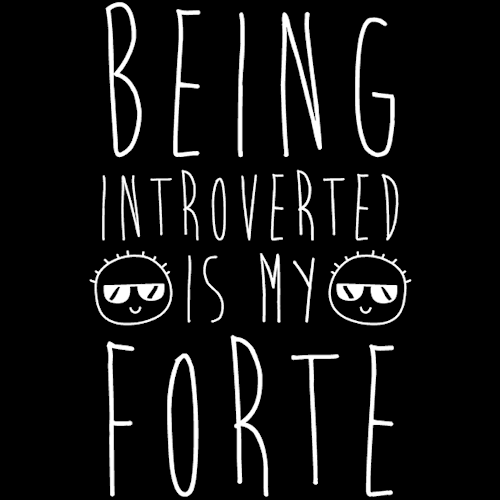Text
WEek NUMBER six!
Looks like this week’s assignment was a podcast. Overall, both podcasts by Grammar Girl were interesting. To think that there are actual people that keep track of the words we use as time passes is pretty crazy. One thing that I kept going through my mind was the fact that our language is fluid. What I mean by this is that it changes. Living on the border and working retail (have the privilege (NOT) of providing customer service to Mexican nationals) I have to keep up with two languages. With that being said, these past few years I have started to hear the “You are in the US so you HAVE to speak English” argument. I am not so sure I agree with that. Soooo... what’s my point? Listening to the first podcast, I could not help but think that English, isn't really English. It changes with the times and adapts to the type of culture or overall way of life that we are living at the moment or in this case year. So the English of 2000 really isn't the English of 2017.
As the weeks go by, I keep wanting to write on here a bit more but I don't really know what to write about. I like reading comics so that might be one way that I can practice my writing as I move forward in this class.
Hope you all have a good weekend!!!

4 notes
·
View notes
Text
WEek NUMBER 5
This week we say a bit of change...todays reading was actually not a reading at all...IT WAS A VIDEO!

First off...many of you all might be too young...but doesn't John Berger look like Ernest P. Worrell? lol

Moving on...John Berger talked about how the camera changed how we see paintings. That was what I got on the surface. When we really listen to what he was saying, we can see that what he was talking about can be applied to what we are doing here. He spoke on the perspective of different people seeing different things on certain paintings. At times, that perspective was not what the original artist wanted to portray. He could initiatlly have a certain message but through reproductions, that message could be distorted and changed depending on the person seeing it. I think that can apply to our writing. We have a certain message that we are trying to convey but that message may not be the message that the reader gets. This could depend on the type of audience that has picked up our writing. The children he uses for his example really made that point clear. The kids were all seeing the same painting but they all had different takes on it depending on their experiences. Part of the message of the painter (Sexual ambiguity of the center figure) were in fact picked up by the kids. To end, he is introducing the episodes that are too folow and he stated that we must understand that he is using the reproductions to convey his message. His last line is something I truly believe and touches partly on my research.
“I hope you consider what I arrange, but be skeptical of it”.

4 notes
·
View notes
Text
WEek NUMBER 4
So...initially when I started reading “The Concept of Discourse Community” I was totally confused. I couldn't really understand it for the life of me. As I continued to read, I started to understand what the heck the article was saying. The article starts off by looking at the several definitions for Discourse Communities (I had no idea what it was) and tries to make sense of the different definitions that it carries. It goes on to look at Speech Communities and Discourse Communities and the difference between both.
At the outset, a speech community was seen as being composed of those who share similar linguistic rules...Later, Labor will emphasize “shared norms” rather than shared performance characteristics but still conclude that “New York City is a single speech community, and not a collection of speakers living side by side, borrowing occasionally from each other’s dialects.
John Swales goes on to propose six characteristic that any Discourse Community should have...
Broadly agreed set of Common public goals
Mechanisms of intercommunication among its members
Uses its participatory mechanism primarily to provide information and feedback
Utilizes and hence possesses one or more genres in the communicative furtherance of its aims
Must have acquired some specific lexis
Has a threshold level of members with a stable degree of relevant content and discourage expertise
To end, Swales looks at academic classes and whether they fit the description of Discourse Communities. Initially the class will not fall into this category but as time passes and “rules” and “norms” are set, the class starts to fit the mold of a Discourse Community. As I look at the weeks that have passed and how Initially 99.99% of us were lost (some of us may still be) now we understand (for the most part) what needs to be done. As the semester goes on and we start to get a handle on the flow of the class we may start looking more like a Discourse Community.

3 notes
·
View notes
Text
WEekNumber3
Well, week number 3 is here and with that a new reading assignment. This week’s assignments really spoke out to me and help me better understand my writing. Last week we were supposed to have a question that we would be looking at for our “research” paper and we should have received some feedback after we turned it in. One of the things that was brought to my attention was knowing your audience. Who am I speaking to and what am I saying? This idea of “Writing Addresses, Invokes, and/or Creates Audiences” really peaks my interest. This portion of the reading uses a speaker and its audiences and compares that to a writer and its audience. To add to that arguement, (not an obvious expert on the subject but this is my opinion) it can be “easier” for a speaker to give a speech since he can see the audience and “flow” off of their reactions to him speaking. A writer, on the other hand, may have a harder time. He has to create his audience. The writer has to understand that he needs to visualize or create his audience by the words he uses. I think that is really interesting and would be good look into that a bit more.
One last thing, one thing that I could understand was:
“Writing is also and perhaps ultimately understood as an activity that engages us with others and thus with problems associated with the moral life: What shall I say? To whom do I speak? What obligations follow from my words?”
The above quote is how I feel as I write this and as I have during my many papers. “What do I say and does it even have any importance?” I hope to have concrete answers to these questions by the end of the semester.
I hope the above made sense...lol

1 note
·
View note
Text
WEekNUMBER2
So for this weeks reading we had http://rhetorica.net/textbook/invention.htm and Greene, Stuart. “Argument as Conversation: The Role of Inquiry in Writing a Researched Argument”. The article that particularly stood out to me what the “invention” one. It looked at “Invention, Arrangement, Style, and Delivery.” I wasn't sure if we were to read all of it but when in doubt, read it all. I really enjoyed these short articles. Not because of their length but the content. One of the things that stood out to me was the article on Style. This really speaks to me because part of the topic I am thinking of choosing has to do with media and it’s effect on society (or something to that effect). The “WOW” moment was when the author uses the Kennedy’s “Call to national service”. The author states,
“Also, note that Kennedy’s statement could be construed as a rather dubious assertion about the proper relationship between a citizen and a democratic government. But, we remember the line (often out of context) and refer it (despite its political difficulties) precisely because it sounds so good. This is stuff of soundbites and headlines. Rhetoric scholar James A. Berlin said that “language is never innocent.”
I truly believe that as a society we have to be very careful with words. Growing up we are taught that words can't hurt us and that they have no power over us. But when we REALLY think about it, WORDS ARE POWER. I am not a conspiracy theorist but we have to really read between the lines when looking at any type of media. What is it REALLY trying to tell us.

Well, I hope this is part of the assignment.
Feel free to comment and or continue the conversation.
Totally open to discussion.
6 notes
·
View notes
Text
Blog Intro
Hello everyone. My name is Gilbert Villarreal and I am a History major. Well, technically I already graduated and have my degree in History but due to circumstance out of my control (UTRGV Policies) I have to retake classes that I have already passed at a previous school…do NOT even get me started on this. But anyways, this multi platform learning is super new to me but I am looking forward to seeing how all this works out. I try to keep to myself, for the most part, so blogging and social media are not really what I do. But, time will only tell if this becomes something that I enjoy and maybe keep up with after this semester. Hope to get out of my comfort zone a bit.

0 notes
